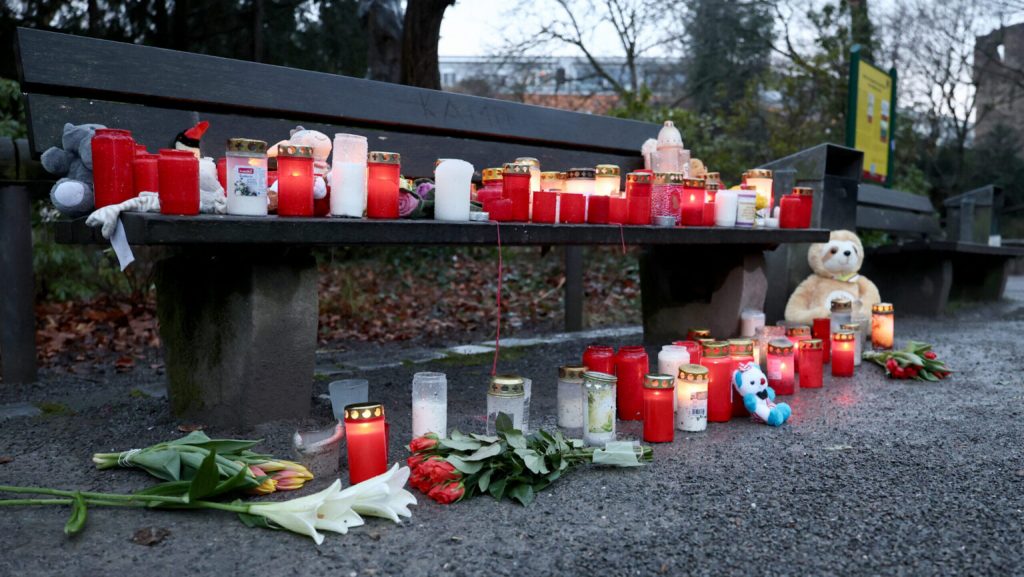A tragic knife attack in Aschaffenburg, Germany, has sparked widespread outrage and increased political tensions just weeks before the country’s early elections. A 28-year-old Afghan migrant was arrested after killing two people, including a toddler, in a park. The attacker, who used a kitchen knife to target a kindergarten group, has left the community in shock.
The victims of the attack included a 41-year-old German man and a two-year-old boy of Moroccan descent, both of whom died from their injuries. A two-year-old Syrian girl was also injured, along with a 61-year-old man, a child, and a teacher. The attacker, who had a history of violent behavior and was receiving psychiatric treatment, had previously had his asylum process closed. Although he had reportedly planned to leave Germany voluntarily in December, he had not done so.
This attack comes just over a month after another deadly incident in Germany, when a Saudi man drove a van into the Magdeburg Christmas fair, killing six people and injuring over 200. This latest attack marks the fourth immigration-related incident in Germany within six months, leading to significant public concern.
With Germany’s early elections scheduled for February 23, tensions are running high. The attack has reignited debates about immigration and its role in the country’s security concerns. The right-wing, anti-immigration party Alternative für Deutschland (AfD) has been vocal in its criticism of Germany’s immigration policies. Following the Magdeburg attack, AfD co-chair Alice Weidel delivered an emotional speech at a commemoration event, which quickly gained traction on social media and further boosted the party’s popularity.
Currently, the AfD is the second-largest party in Germany, polling at 21%, just 5 percentage points ahead of Olaf Scholz’s SPD. Immigration has become a central issue in the election campaign, with many voters expressing concerns about its impact on Germany’s security and economy. A recent survey by ARD-DeutschlandTREND showed that 37% of respondents consider immigration the most pressing issue, surpassing even concerns about the economy.
In response to the latest attack, AfD co-chair Tino Chrupalla emphasized the need to deport dangerous asylum seekers, calling for parks to be “cleared of criminals” and made safe for families. His statement reflects the growing influence of the AfD, which could see a historic breakthrough in the upcoming elections.
The AfD’s rise in popularity has been supported by figures such as Elon Musk, who expressed his backing for the party on social media. Musk even invited Alice Weidel for a live conversation, where he praised her and the AfD for their “common sense” approach to Germany’s challenges. This support has sparked criticism from German leaders, including Chancellor Olaf Scholz, who accused Musk of interfering in the country’s election.
As the AfD gains ground, the political landscape in Germany may be shifting. The Christian Democrat CDU/CSU, currently leading the polls, may find itself in a position where it has to rely on the AfD to form a government. This would align with a broader European trend, where right-wing parties are gaining influence and challenging the dominance of traditional political establishments.
Meanwhile, the German parliament is set to debate a potential ban on the AfD, citing concerns over the party’s increasing radicalism and revisionist views. The outcome of this debate could further shape the political climate in Germany as the country heads into its elections.

